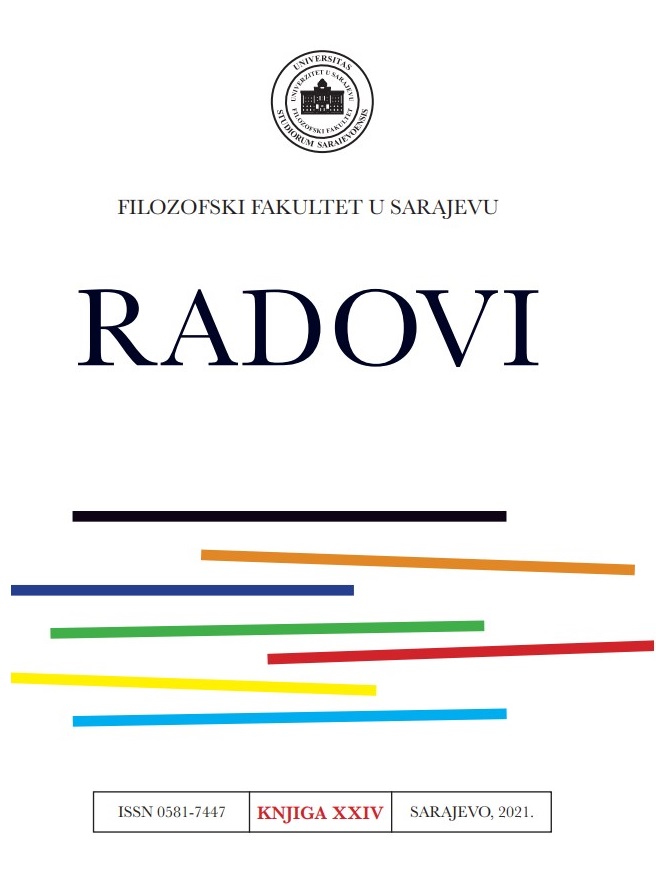The Theory of Aspect and Its Processing Correlates in Neurolinguistic and Psycholinguistic Studies
The Theory of Aspect and Its Processing Correlates in Neurolinguistic and Psycholinguistic Studies
Author(s): Nermina ČordalijaSubject(s): Applied Linguistics, Psycholinguistics, Sociolinguistics, Cognitive linguistics
Published by: Filozofski fakultet Univerziteta u Sarajevu
Keywords: lexical aspect; grammatical aspect; perfective; imperfective; progressive; perfect; situation models; ERP;
Summary/Abstract: Languages convey aspectual meanings differently. Generally, there are two types of aspect: lexical aspect and grammatical aspect. Lexical aspect relates to inherent features of the predicate, whilst grammatical aspect, sometimes dubbed as viewpoint aspect, expresses the speaker’s viewpoint. Nevertheless, in traditional theoretical linguistics, these two aspectual systems are typically defined in terms of the same or similar criteria. The article discusses lexical and grammatical aspect in more detail and points out the problems that theoretical linguistics encounters when defining lexical and grammatical aspect in terms of the same holistic criterion. Importantly, the article outlines findings of psycholinguistic and neurolinguistic studies which (possibly to the dissatisfaction of theoretical linguistics) unambiguously show that lexical and grammatical aspect are indeed inextricably linked. Perfective and imperfective aspect do model the comprehender’s understanding of the situation as complete (perfective aspect) or ongoing with all the stages, participants and locations cognitively more available to the comprehender (imperfective aspect).
Journal: Radovi Filozofskog fakulteta u Sarajevu
- Issue Year: 24/2021
- Issue No: 1
- Page Range: 251-272
- Page Count: 22
- Language: English

